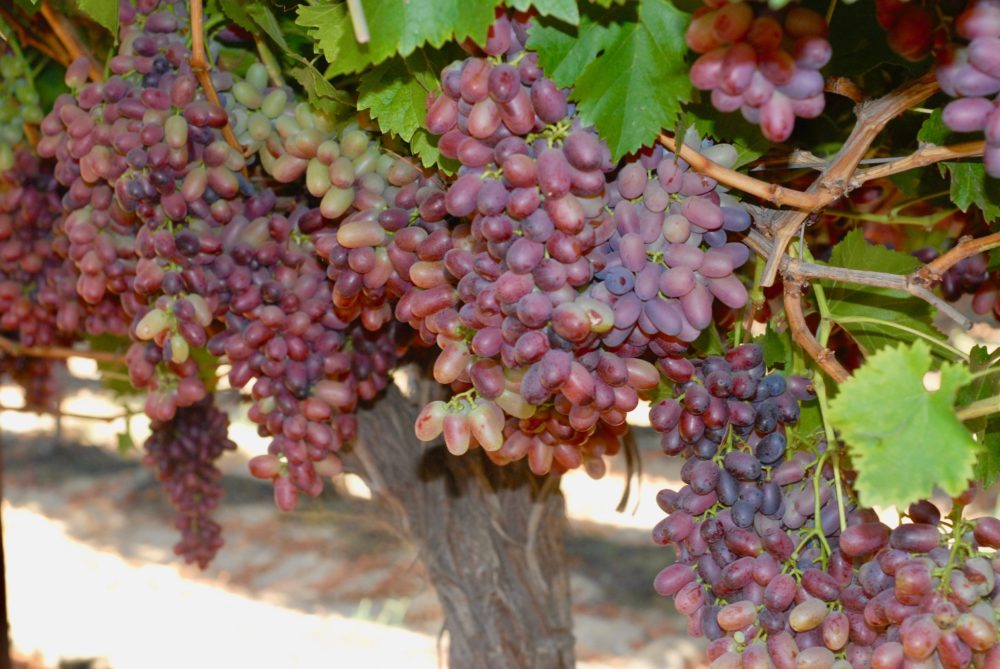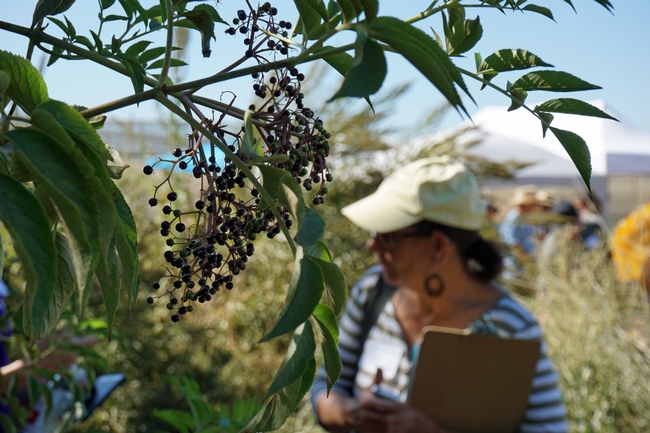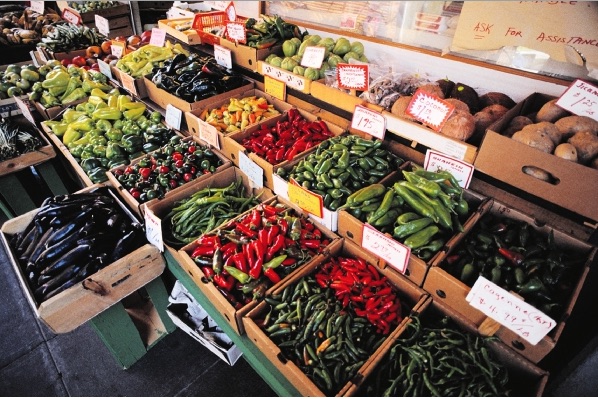Table Grape Commission Adds Montalvo
California Table Grape Commission Adds Maria Montalvo as New Marketing Director
Maria Montalvo is the new marketing director of retail and foodservice promotion for the California Table Grape Commission. Montalvo’s responsibilities include leading the in-store promotion initiatives and communication strategies needed to help move California table grapes through the U.S. and Canadian markets.
“We are very excited Maria has joined the team,” said Kathleen Nave, president of the commission. “Maria’s background and experience in promotion and sales, and her extensive work promoting products in the Hispanic community will be key to the development of retail promotional campaigns in the seasons to come.”
Montalvo has 15 years of experience in marketing, promotion, and sales. Maria joins the commission from Sinclair Systems International where she served as the global marketing manager. According to Nave, Montalvo will primarily focus on developing retail promotion and communication strategies to drive California table grape sales. Montalvo will be part of a four-member retail team and will manage numerous retail accounts.
Montalvo is a California native, born and raised in the San Joaquin Valley. She is a graduate of Fresno State University, with a Bachelor of Science degree in business administration with a focus in international business.






















